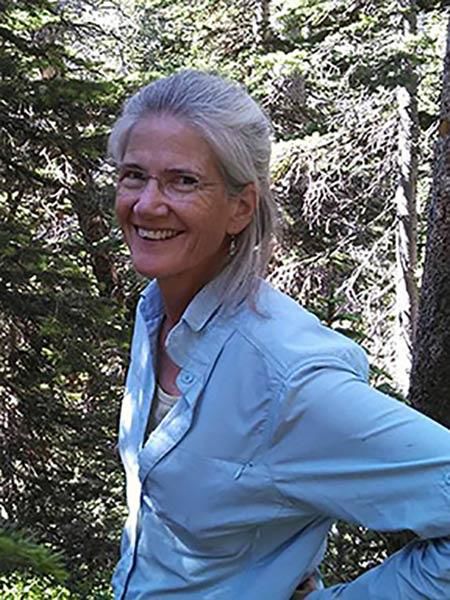Op-Ed: What does the world you want to live in look like?

Mary Arthur, Ph.D., is Professor of Forest Ecology in the Department of Forestry at the University of Kentucky.
Dr. Mary Arthur
January 28, 2020
“I want to live in a world where….”
What if we started more statements like this when framing our thoughts, worries, discussions, and arguments(!) around the phenomenon variously called “climate change,” “climate disruption,” and “climate crisis?”
What if, instead of painting a picture of gloom and doom focused on tremendous loss of human life to flooding and increasingly violent storms and crop loss, mass species extinctions, and economic disruption that leaves us panicked and afraid, we instead focused on what we hope for?
What if we each took the time to picture the world that we could live in 20 years in the future if we came together now to slow the pace, and eventually stop, rising atmospheric greenhouse gasses, atmospheric temperature, and the attendant consequences of our current trajectory?
Climate change is real, we know it’s happening, and we know that the sooner we reduce greenhouse gas emissions the better it will be, for all of us. So what could it look like if each of us told ourselves the truth about this moment in history and acknowledged the truth about changing climate—finding ways to work together to build the world in which we all want to live? And even, how could doing this make us happier, less worried and more fulfilled members of our communities?
A recent op-ed in the New York Times, “A New Year’s Climate Diet,” calls upon readers to work on our own personal “climate diet.” Somewhat contradictorily, another Times article titled “How to Stop Freaking out and Tackle Climate Change” encourages us to instead realize that individual actions matter less than working together.
So, which is it? Do we need to change the way we move about the world, heat our homes, and shop? Or is it better to realize that we can have more significant impacts by working with a group that is influencing policy or electing candidates who will work to decarbonize our future, using our unique skill-sets in the service of a larger good?
I think it looks like both! Working on our own climate diet (maybe by eating less dairy and meat, or carpooling, or flying less and buying carbon offsets when we do fly) to reduce our contributions to greenhouse gasses educates us about the carbon costs of our choices. At the same time, this greater awareness can lead us to the groups that are helping to shift to more sustainable social, political, and economic systems.
I want to live in a world where…. Cincinnati, Louisville and Lexington are connected by commuter trains, most homes have affordable solar panels on their roofs, and children are no longer anxious about climate change.
What does the world you want to live in look like?






















































































































































